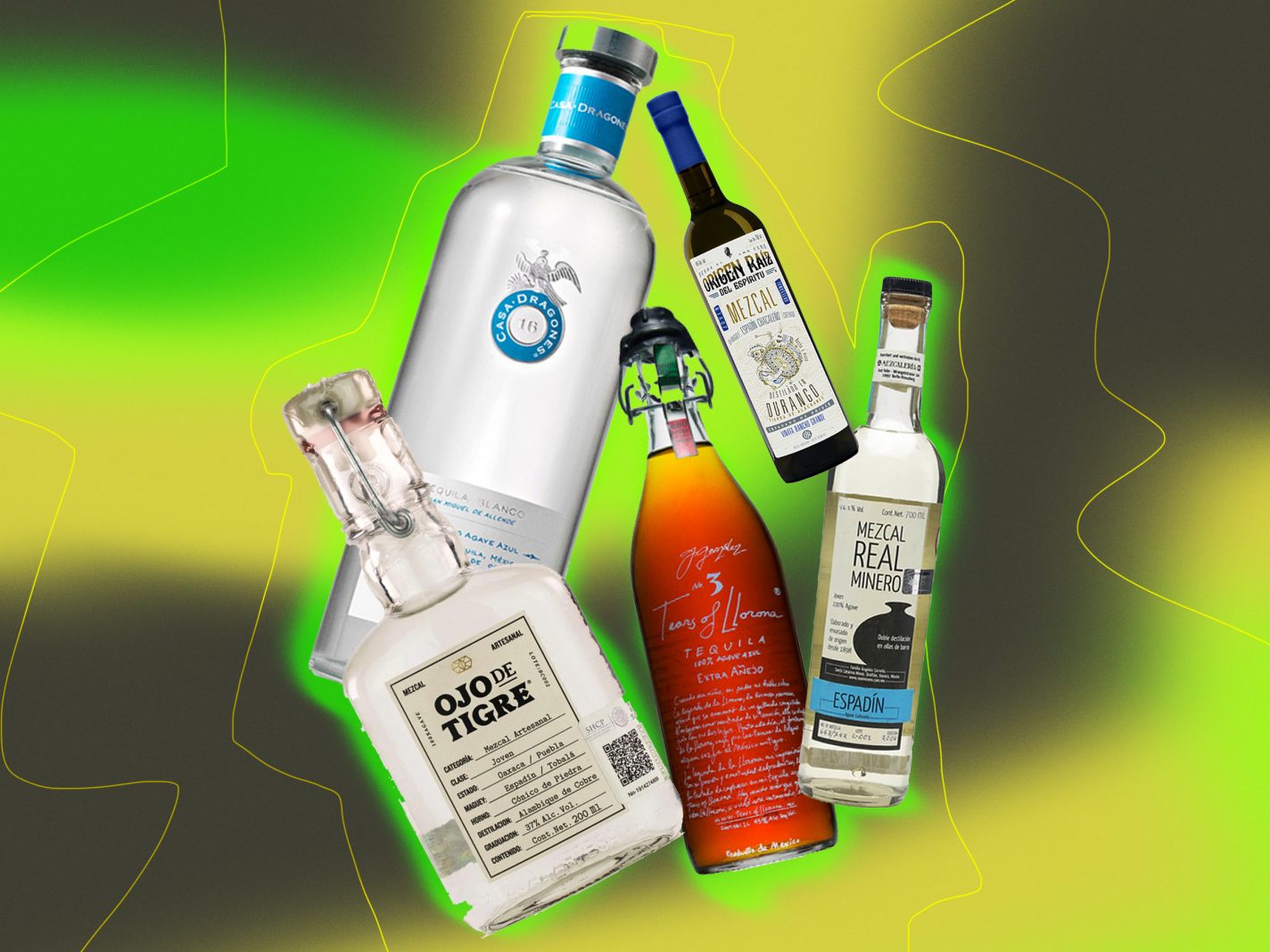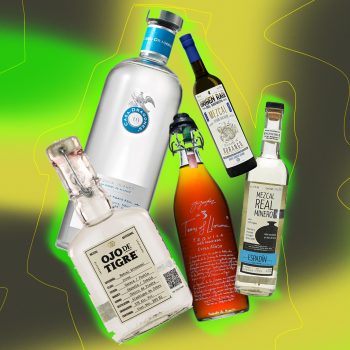The launch of Kendall Jenner’s 818 Tequila, named after the area code for upscale Calabasas, California and not a region in Mexico, hit many in the Latine and Mexican-American community like a bucket of cold water.
The model, socialite, and Pepsi commercial activist began her campaign with a video and photoshoot in an agave farm, where she rode through the hacienda on a horse, sampled tequila on a busted pick-up truck (outfitted with broken windows, a Twitter user noted) and watched local men undertake the hard work of creating tequila while she looked on.
Naturally, the imagery of the launch campaign did not sit well with many. Accusations of tone deafness and cultural appropriation (par for the course for the Jenner/Kardashian family) came to surface based on the implications of the imagery. Even her outfit, seen by some as an attempt at a “chic” take on what farm workers or migrant women might look like to some Americans, drew criticism.
But nobody has to settle for influencer tequila when Mexico’s rich distilling traditions offer high-quality, refined tequila and mezcal made by family-owned operations and pioneering companies led by Mexicans who share an ancestral link to these spirits.
The same highlands of Jalisco where Jenner is purchasing her tequila from are home to many longstanding tequileros who are masters of their craft and personally oversee the intricate tequila-making process, borrowing from family tradition and life experience. Whether you opt for a vibrant joven or a well-rested reposado, every tequila made by these producers has a bit of their soul in it.
Often considered a cousin of tequila, mezcal offers a totally different flavor experience while also demanding the levels of care to craft a good tequila. It’s fermentation and cooking process brings about eye-opening smoke and fruit notes that are hard to match. Mezcal is also made throughout many other Mexican states, such as Oaxaca, Durango, San Luis Potosi, Zacatecas and many more, bringing the character from other regions of Mexico to your palate.
Check out these 10 companies (five tequilas followed by five mezcals) to get a taste of Mexico’s traditional spirits:
Casa Dragones
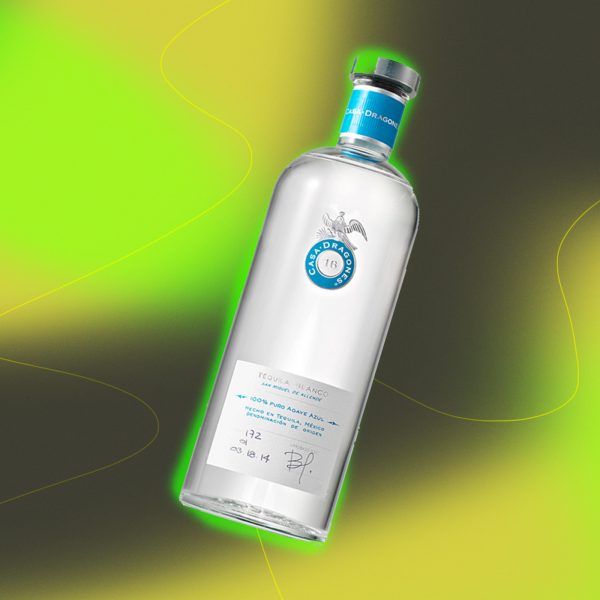
Casa Dragones looks to the past for inspiration while using modern techniques and technology to produce its small-batch tequila. The production process deploys a modern filtration system for a crystal-clear tone and uses multiple distilling steps to temper any harshness and remove impurities.
The label offers a tequila joven, a tequila blanco and its barrel blend. The blanco does not rest in barrels for a crisp, pure palate with sweet tones. The joven is rested for a smooth, traditional taste that is also complex. The barrel blend tequila spends time in two types of barrels for resulting flavor notes of light caramel and fruit aromas.
La Gritona
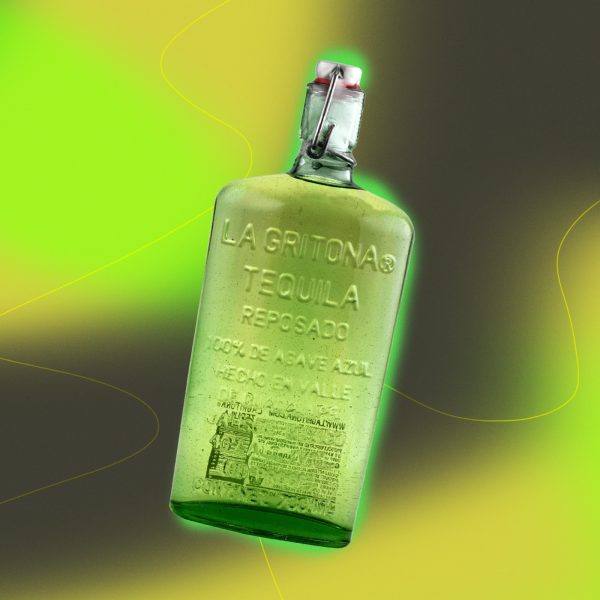
Renowned tequila distiller Melly Barajas produces and bottles La Gritona at her artisanal distillery in the Jalisco highlands’ Valle de Guadalupe. This tequila is made from all blue agave grown for nine to 10 years before being cooked for 24 hours under the supervision of an all-women staff. The final product is subtle, with a sweet touch and a very aromatic essence.
Barajas also heads up Vinos y Licores Azteca, a company staffed by all Mexican women, which produces and markets three other different tequila brands: El Conde Azul, Espectacular and Leyenda de México.
Prospero
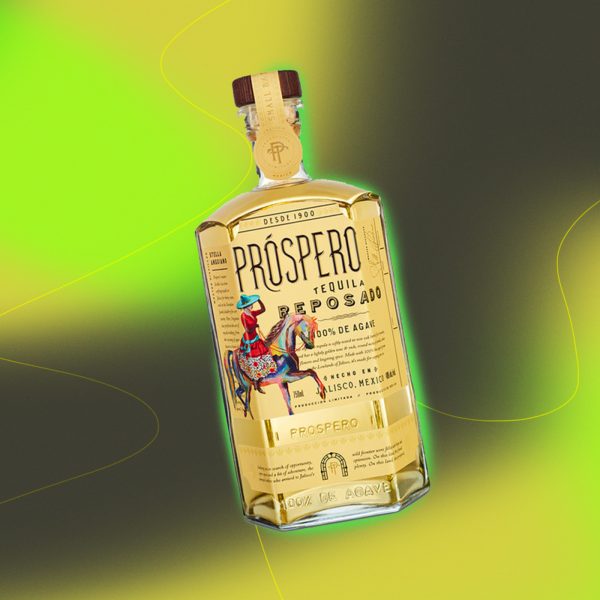
Prospero is the brainchild of master distiller Stella Anguiano, who has over 30 years of experience in distilling tequila. Her operation crafts tequila blanco, reposado and a one-year aged añejo by hand every step of the way, from the harvest to the cooking process, and even the bottles which hold the high-quality tequila inside are made by hand.
Anguiano’s attention to quality has taken Prospero’s products to rank among critics to choices. Her bright tequila blanco has taken awards such as the gold medal at the 2020 world tequila awards, while her añejo has been named among 2019’s top spirits by Wine Enthusiast magazine.
Siete Leguas
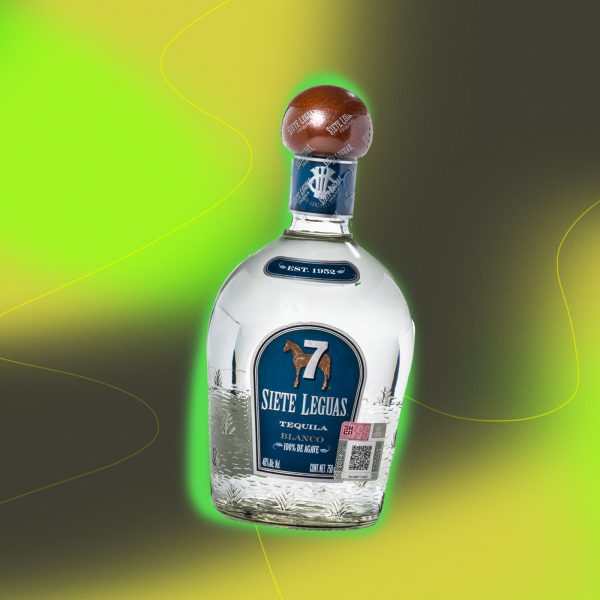
Family-owned since its foundation in 1952, Siete Leguas has left its mark with tequila aficionados with its smooth blue agave distillates from its hacienda in Atotonilco, Jalisco, which houses its agave growths and two distilleries.
Siete Leguas offers a classic tequila experience across its product line. With a bright blanco and a fragrant, mature reposado, these are tequilas you do not want to mix in the blender for margaritas.
Tears of Llorona
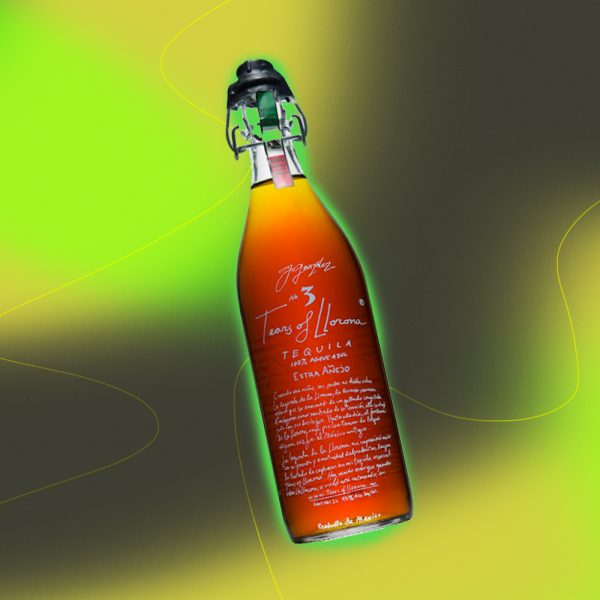
Tears of Llorona is produced by Germán González Gorrochotegui, one of Mexico’s most-lauded active tequileros. The son of legendary tequila distiller Guillermo González Diaz Lombardo, González Gorrochotegui has taken a lifetime of experiences with tequila in crafting his own agave spirits.
This tequila is double distilled in copper pots and aged in brandy, scotch, and sherry oak barrels for a total of five years to reach its extra aged character. Its tasting notes are described as “agave with a heady spiciness” with aromatic hints of “caramel custard, dried fruit and dark chocolate.”
Amormata
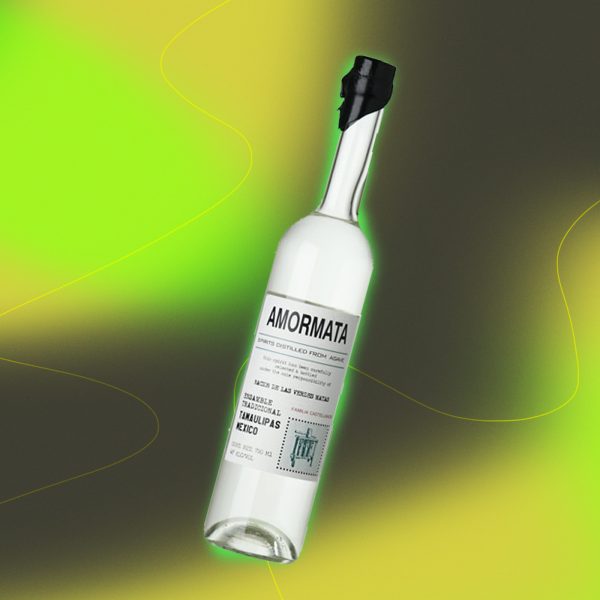
Making mezcal inside and outside Mexico’s designated origin regions, Amormata collects wild agave from regions like Tamaulipas, Nuevo Leon and Durango to create its own, distinctive mezcales.
Among its mezcles, Amormata produces its verde spirit with agave harvested in the mountainous state of Durango. This spirit is smokey yet herbaceous, with pine and peppery notes. Its masparillo handles like a more traditional mezcal: smooth, smoky and sweet all at once.
Ojo de Tigre

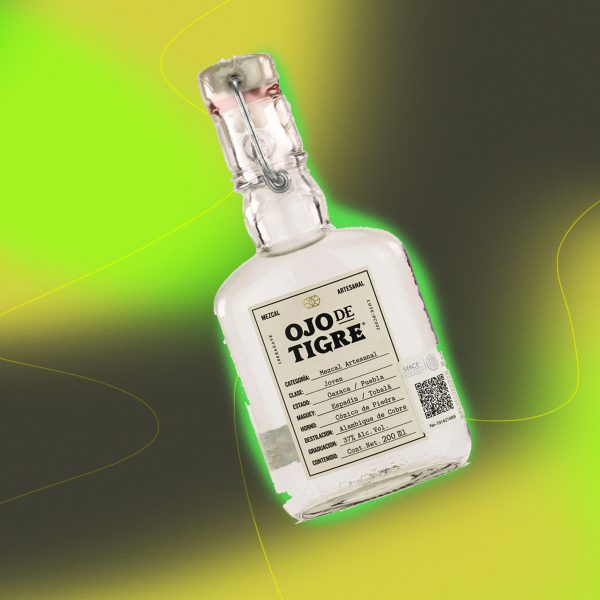
Co-owned by Mexican actor Luis Gerardo Méndez of Club de Cuervos and Nosotros los Nobles fame, this mezcal takes espadin and tobala from Oaxaca and Puebla to create its smooth-sipping mezcal. Despite its contemporary brand image and celebrity backing, Ojo de Tigre does everything the traditional way, baking its agave hearts in conical ovens and distilling in copper pots.
The mix of espadin and tobala produces a balanced taste with some fruit and vegetable notes on the palate with some of mezcal’s distinctive smoke. The label offers a golden-color reposado and a crystal-clear blanco.
Origen Raiz

Born out of the mezcal traditions of Durango and Oaxaca, Origen Raiz crafts mezcal out of Oaxaca and Durango with local endemic agave plants up to 13 years of age. The project was born from two friends with family ties to mezcal making who wanted to continue the tradition.
Origen Raiz produces a variety of unique mezcales out of its family-owned Oaxaca and Durango distilleries.The Durango production house also crafts sotol, a unique distillate made from a desert shrub endemic to northern Mexico’s mountain deserts.
Real Minero
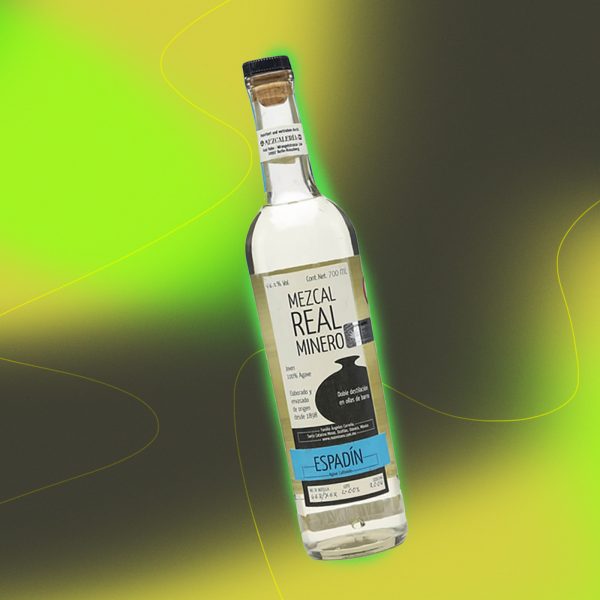
Five generations of the Carreño family of distillers have crafted mezcal at their Oaxaca family palenque, known for making some of the finest mezcal anywhere. Siblings Edgar and Graciela brought the family business into the forefront of the mezcal world, expanding production and building their distribution network, respectively.
While other producers also create mezcal de pechuga—made with a chicken hanging over the cooking agave, dripping out juices as it cooks—Real Minero’s Carreño family are true masters of the specialty. The mezcaleria also creates single-species mezcales with arroqueño, espadin and cuishe agave.
Yola
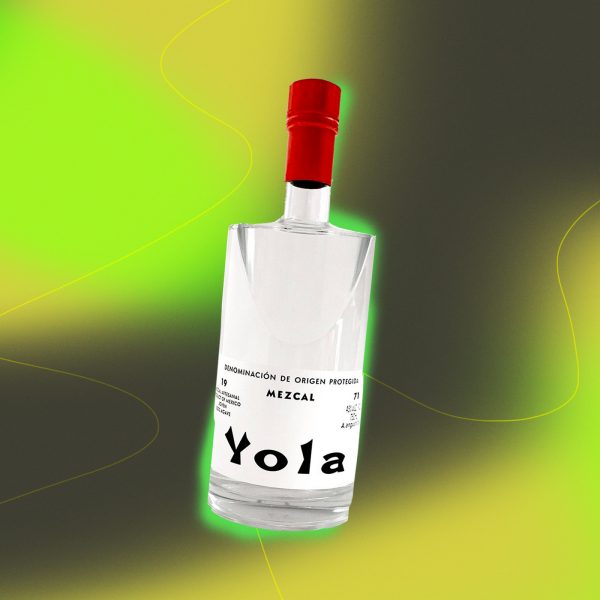
Master mezcaleros Guadalupe and Javier Bautista craft their spirit in San Juan del Rio, Oaxaca using a blend of fully ripened espadin and madre-cuixe agave grown for seven to 10 years on the distillery’s property. The vertically integrated production facility collects rainwater and engages in sustainable practices. Its bottling operation is staffed entirely by women.
The Bautistas roast their agave blend in conical ovens for four to eight days and ferment it for another eight to 10 days before double distilling in copper pots. The process yields a mezcal that carries a herbal taste and aroma; perfect for drinking neat.



